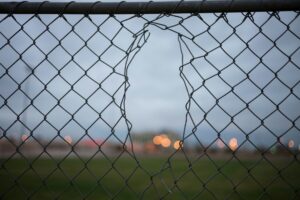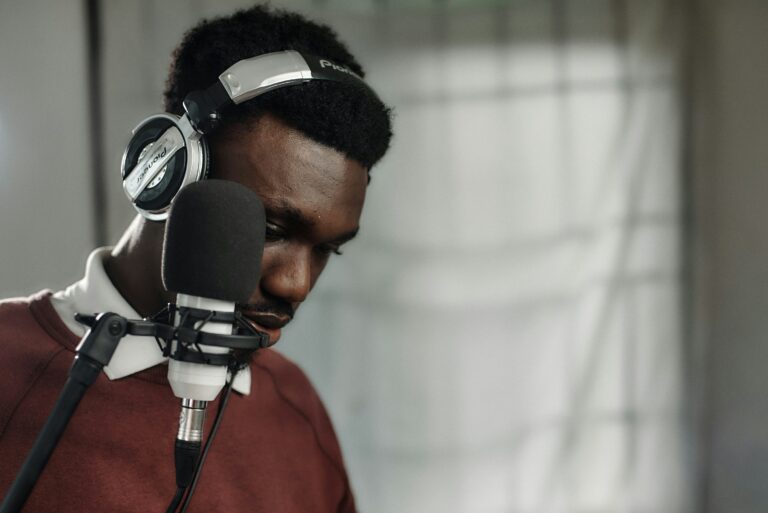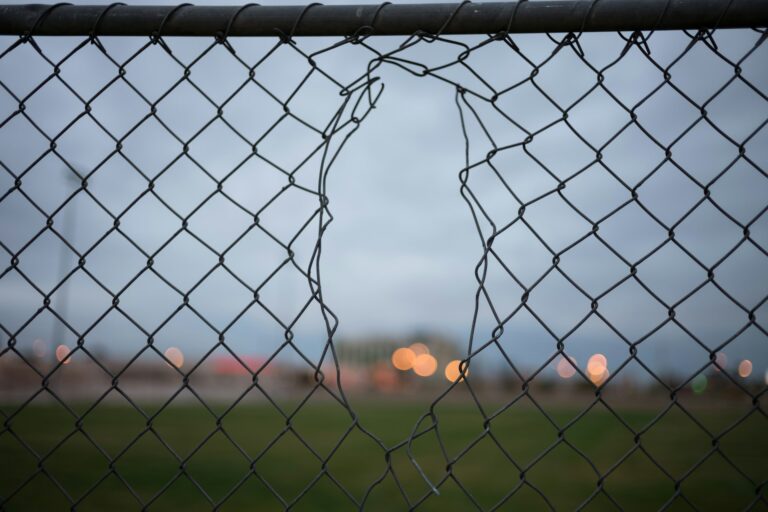“It is painful to come to a country and not be able to master the language of this country because of all the opportunities that are here.” – Jemima, a Haitian refugee.
Jemima’s words represent so many more who face language challenges in a new country. And yet, after seven years of learning English in secondary school, when the opportunity arose to converse with a pastor at a local church, Jemima and her sister Lauranne side-stepped the dialogue.
Why did Jemima and Lauranne withdraw from talking with the pastor, despite so many years of English language studies? While they attribute it to the way they were taught, Hekmat, Gernigon, and Therrien (2018) emphasized that adult refugees often experience anxiety when it comes to language learning and utilization due to fears of making mistakes, being misunderstood, or being subjected to ridicule, further inhibiting their acquisition of a new language.
Refugees and migrants’ language learning journeys go beyond mere grammar and vocabulary. Each faces socio emotional factors left by trauma, isolation, anxiety, and discrimination. For individuals like Jemima and Lauranne, every attempt to converse in a second language is not merely an act of communication but a risk of again being marginalised or invalidated.
When individuals embark on a language learning journey, particularly those who have faced adversities like displacement, it is not merely a cognitive endeavour but a sociocultural and
emotional venture where each word spoken or unspoken, is entwined with myriad emotions and memories.
Kusala Institute (KI) has embarked on a bold mission: to bridge the linguistic chasm and facilitate a safe, enriching learning environment where refugees and migrants can navigate, integrate, and find a sense of belonging within their new communities.
Our initiative hinges on an innovative roadmap – a language app uniquely designed to provide a level of anonymity with features that facilitate listening comprehension and speaking, without the risk of derision or judgmental looks. The safety net of anonymity and the freedom to practice at one’s own pace breaks down the psychological barriers to language acquisition, enabling individuals to build both competence and confidence simultaneously.
Our vision at Kusala Institute is to be more than a learning tool—it aspires to be a haven of reassurance and empowerment for refugees and migrants. It’s a step towards not only breaking the silence that engulfs many refugees but also toward breaking the cycle of isolation, anxiety, and hesitation that often impedes their linguistic and social integration into new communities.
We recognize that when Jemima speaks, she can share her history, her dreams, her fears, and her hopes. For every person that finds their voice, a ripple effect is created, touching the lives of those they communicate with.
In order to amplify voices like Jemima’s, your support is valued. By contributing a donation or virtually volunteering, you play a vital role to transform lives and break down barriers of communication. If you wish to make a lasting societal impact, please reach out to us for exploring strategic and collaborative contributions. Together, we can influence the life of a refugee or migrant to feel heard, understood, and belong.







